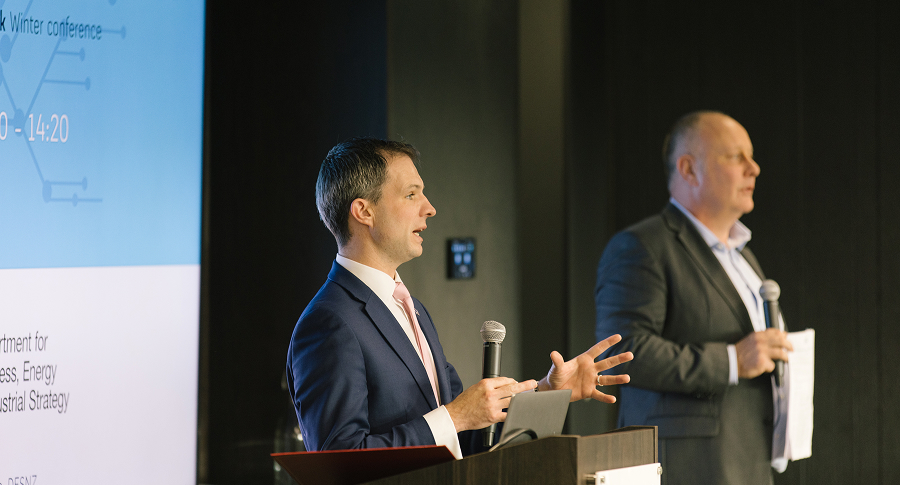At a glance
Many of the changes for a net zero future, such as switching the way we heat our homes and changing our habits of energy consumption, require a strong, trusting relationship between individuals, communities, government and the energy sector – a role that community energy organisations are perfectly placed to fill.
Yet, despite many successful examples, the sector in the UK has not progressed at the pace it could have, due partly to broader difficulties facing the energy sector in the net zero transition, but also to some unique challenges facing community and local projects.
In our response to the government's recent call for evidence on the barriers to community energy, we've focused on the challenges facing generation projects, on the basis that the barriers around energy efficiency and retrofit require wider system change not specific to community energy.
Regen urges the government to produce a policy framework that re-focuses on community energy in England, building on the lessons from Scotland and Wales, to provide clarity, direction and stability to the sector. We will be looking to work with the next government to develop and support an ambitious vision for the role that community energy can play in the energy transition in England.








.jpg)





